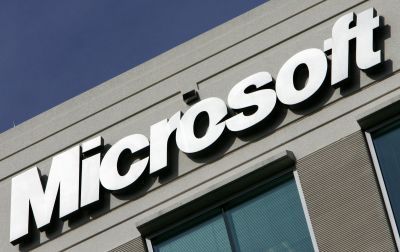Microsoft suspends Juku amid plagiarism charges

Your support helps us to tell the story
From reproductive rights to climate change to Big Tech, The Independent is on the ground when the story is developing. Whether it's investigating the financials of Elon Musk's pro-Trump PAC or producing our latest documentary, 'The A Word', which shines a light on the American women fighting for reproductive rights, we know how important it is to parse out the facts from the messaging.
At such a critical moment in US history, we need reporters on the ground. Your donation allows us to keep sending journalists to speak to both sides of the story.
The Independent is trusted by Americans across the entire political spectrum. And unlike many other quality news outlets, we choose not to lock Americans out of our reporting and analysis with paywalls. We believe quality journalism should be available to everyone, paid for by those who can afford it.
Your support makes all the difference.Microsoft has suspended MSN Juku, its new microblogging service in China, amid allegations that much of the code was lifted from a Canadian startup, Plurk.
The Redmond, Washington-based software giant said it was suspending MSN Juku, which was developed for MSN China by a third-party independent vendor, while it investigated the charges.
The move followed allegations by Plurk that much of the basecode used in MSN Juku was plagiarized from Plurk, which claims to be the biggest microblogging service in Taiwan, ten times bigger than Twitter.
"At Microsoft, we take intellectual property very seriously," the company said in a statement late Monday.
"We make our (intellectual property) available for others to license, and we license other people's intellectual property as appropriate when we use it in our products," it said.
"Because questions have been raised about the code base comprising the service, MSN China will be suspending access to the Juku beta feature temporarily while we investigate the matter fully," Microsoft said.
Plurk said it had been tipped off by bloggers and users in Taiwan that Microsoft's Juku service, which was launched in November, "looked eerily similar to Plurk."
Plurk said some 80 percent of the MSN Juku codebase "appears to be stolen directly from Plurk."
Join our commenting forum
Join thought-provoking conversations, follow other Independent readers and see their replies
Comments